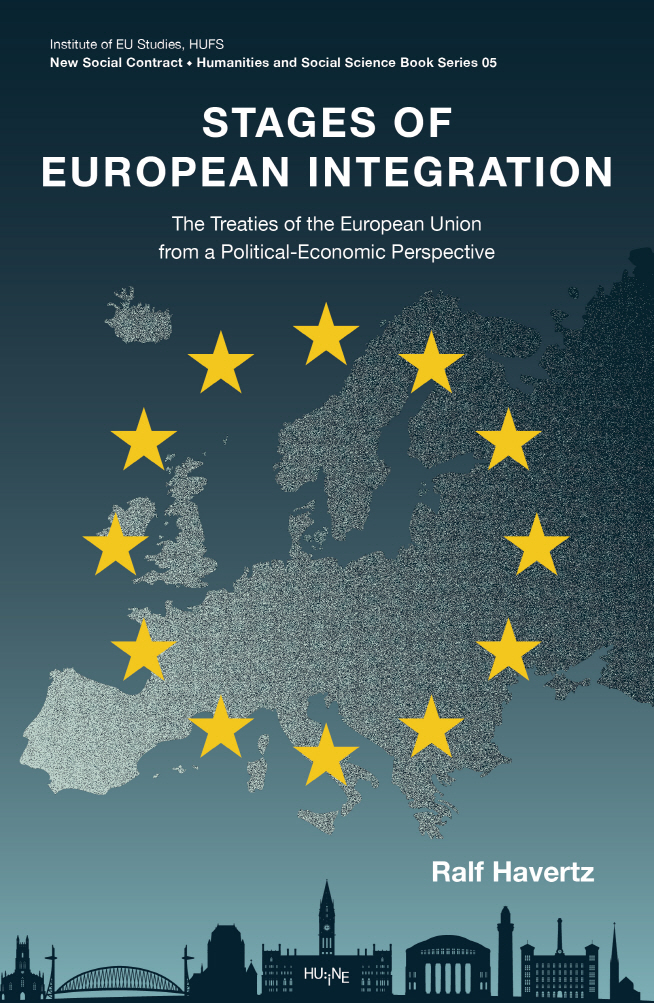
The treaties of the European Union (EU) are documents of outstanding significance for the process of European integration. With each treaty this process became wider and deeper in the
sense that more policy fields were included and the complexity of the legal framework increased. In the early years, when the Treaty of Paris (1952) and the Treaty of Rome (1958) came into force, it was primarily a process of economic integration. But with the following treaties the character of the EU as a political union became more pronounced. Economic and political considerations played a crucial role in this process at all times. Hence, it appeared worthwhile to analyze the legal texts and the historical circumstances in which they were negotiated and adopted from a political-economic point of view. An approach that focuses on
the interconnectedness of the evolving institutional framework of the EU, the historical-political conditions for the adoption of each treaty and the economic policies and regulations that were implemented as a result of these agreements promises to provide insights that further a deeper understanding of the different dimensions of the integration process. This approach is complemented by an analysis of the ideological foundations for the negotiation and adoption of these treaties in their different political-economic environments.
Ralf Havertz
Ralf Havertz is a Professor of International Relations at Keimyung Adams College, Keimyung University. He is holding an M.A. in Political Science from the University of Aachen and a Ph.D. in Political Science from Free University Berlin. He wrote his doctoral dissertation about “Botho Strauß’ Essay ‘Anschwellender Bocksgesang’ und die Neue Rechte. Eine kritische Diskursanalyse.” His main research interests are in International Political Economy, European Politics, Political Sociology, and Political Theory. Recently, he has published a book on the rise of right-wing populism in Germany (Radical Right Populism in Germany. AfD, Pegida, and, the Identitarian Movement. Routledge, 2021) and a chapter in the Oxford Handbook of Ordoliberalism (2022). He has also published several articles on European integration.
